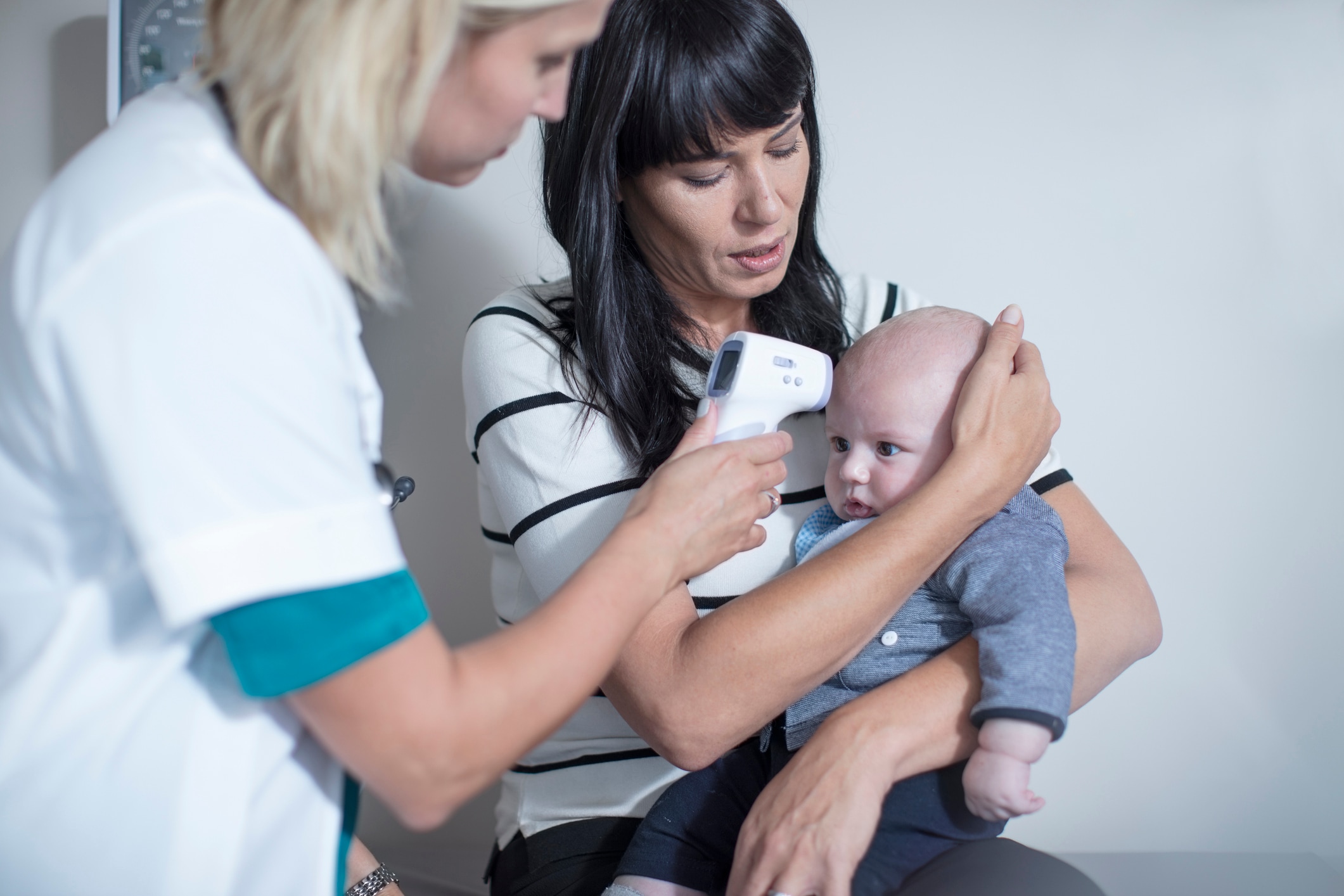A new study shows that low levels of vitamin D in pregnant women play a crucial role in determining whether their babies will develop an autism spectrum disorder later on. Researchers from Australia and the Netherlands determined that pregnant women with low levels of the vitamin at 20 weeks were more likely to have a child showing autistic traits by 6 years old.
Autism spectrum disorders (ASD) are characterized by “difficulties in social interaction, verbal and nonverbal communication, and repetitive behaviors,” according to the nonprofit Autism Speaks. The organization said that ASD might also cause “intellectual disability, difficulties in motor coordination and attention, and physical health issues such as sleep and gastrointestinal issues.” About one in 68 kids have ASD, according to the Centers for Disease Control and Prevention. Experts note that boys are 4.5 times more likely to have the disorder than girls.
“This study provides further evidence that low vitamin D is associated with neurodevelopmental disorders,” Professor John McGrath from the University of Queensland’s Brain Institute told The Guardian. For years, McGrath has studied the role vitamin D plays in babies’ development. For this study, he worked alongside Dr. Henning Tiemeier from the Erasmus Medical Centre in the Netherlands. The project examined about 4,200 blood samples from pregnant women and their kids, who were closely monitored for the long-term study, “Generation R.”
According to the American Pregnancy Association, 40 to 60 percent of the population suffers from vitamin D deficiency. And a growing body of research is helping us understand why we should be particularly concerned when it happens to pregnant women. “What we know is that vitamin D during pregnancy is very important for how the baby develops,” explained autism expert Professor Andrew Whitehouse from the Telethon Kids Institute. For example, research has shown that vitamin D deficiencies in pregnancy increased a child’s risk for developing (mental) health conditions like schizophrenia, asthma and reduced bone density.
Whitehouse told reporters that the results of the study didn’t surprise him, and advocates for the use of the vitamin during pregnancy. However, he also noted that there’s still much more to be learned about autism. “There are likely dozens, if not hundreds, of different mechanisms that can lead to autism,” Whitehouse said. “Now this study gives us an inkling of one possible mechanism, but before we think about anything we need to see a replication of this finding.”
People typically get vitamin D from sun exposure, and in parts of the country known for less sunlight — like Seattle — it’s pretty common for people to take a daily supplement. It’s also found in a variety of foods like tuna, mackerel, salmon, beef liver, cheese and egg yolks, among others. Overall, the study has led experts to recommend the widespread use of supplements for pregnant women. “We would not recommend more sun exposure, because of the increased risk of skin cancer in countries like Australia,” McGrath said. “Instead, it’s feasible that a safe, inexpensive, and publicly accessible vitamin D supplement in at-risk groups may reduce the prevalence of this risk factor.”





